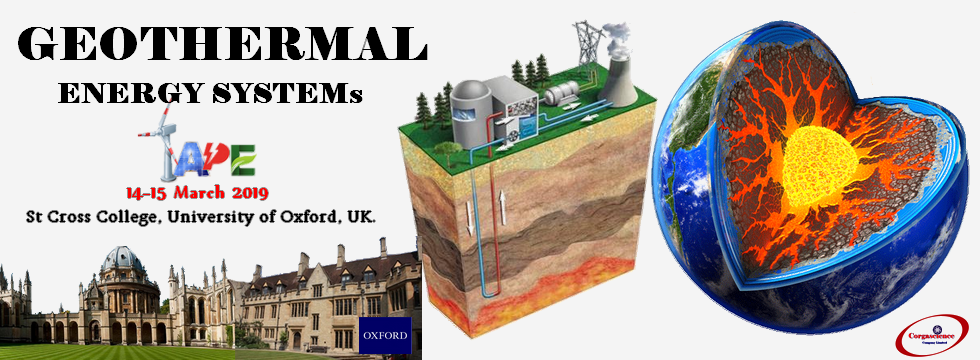

Dr. Biswajit Sarkar
Hanyang University Department of Industrial & Management Engineering Ansan, South Korea
Talk Title
Ramifications of carbon footprint and sustainable energy in a smart sustainable multi-stage production system
Talk Abstract
The sustainable energy is the main issue for any smart sustainable multi-stage production system (SSMSPS). A basic production system can be converted to a sustainable smart production system with some major technological changes, which is the main source for the increase of energy within SSMSPS. For making a sustainable system, the amount of energy consumption and carbon footprint should be reduced with the increasing rate of consuming solar energy. Toward the best strategy for the sustainable energy to control the number of defective items within SSMSPS, this study considers a multi-stage production system. An effort has been made to make the whole production system as sustainable smart production system for reduction of carbon footprint and amount of energy. The total cost of the SSMSPS is reduced based on a classical optimization, which gives quasi-closed-form solutions. An illustrative numerical example is specified to assess the model. The numerical study reveals that the carbon footprint and the energy have been reduced in an optimum level, whereas a major finding is obtained for the smart production system that autonomation policy can be used only when there is a very large amount of trade-off between labor cost and investment for autonomation. Sensitivity analysis and graphical representation are supported by the numerical findings.
Short Biography
Dr. Biswajit Sarkar is an Associate Professor in the Department of Industrial & Management Engineering, Hanyang University, South Korea. He has completed his Bachelor of Science in Mathematics and Master of Science in Applied Mathematics in 2002 and 2004, respectively from Jadavpur University, India. He has received his Master of Philosophy in the application of Boolean Polynomials from the Annamalai University, India in 2008. He has been awarded his Doctor of Philosophy degree from the Jadavpur University, India in 2010 in Operations Research. He has completed his Post-Doctorate studies on Inventory management from the Pusan National University, South Korea during 2012 to 2013. He has dedicated his teaching and research abilities in various universities including Hanyang University, South Korea during 2014 till now, Vidyasagar University, India during 2010 to 2014, and Darjeeling Government College, India during 2009 to 2010. Under his supervision, four students have been awarded their PhD degree and two students have been awarded their master degrees. Since 2010 he has published 95 research papers in reputed indexed journals of Applied Mathematics and Industrial Engineering and he has published one book. He is an editorial board member of some reputed International Journals of Applied Mathematics and Industrial Engineering. He is a member of several learned societies like Operations Research Society of India, Calcutta Mathematical Society, Korean Industry of Industrial Engineers. In 2014, his research paper was selected the best research paper in an international conference in South Korea. He has received a bronze medal for his capstone achievement from Hanyang University in 2016. His h-index is 30, i-10 index is 42, and his papers have cited 2291 times till now. He is the recipient of Bharat Vikash award as a young scientist from India in 2016. He has received an international award from Korean Institute of Industrial Engineers in 2017 at KAIST, Daejon, South Korea. He is the recipient of Hanyang University Academic Award as one of the most productive researcher in 2017.
Talk Keywords
Sustainable smart production system; Sustainable energy; Carbon footprint; Investment for renewable energy; Autonomation.
Target Audience
Students, Post doctoral, Industry, Doctors and professors
Speaker-intro video
TBA






